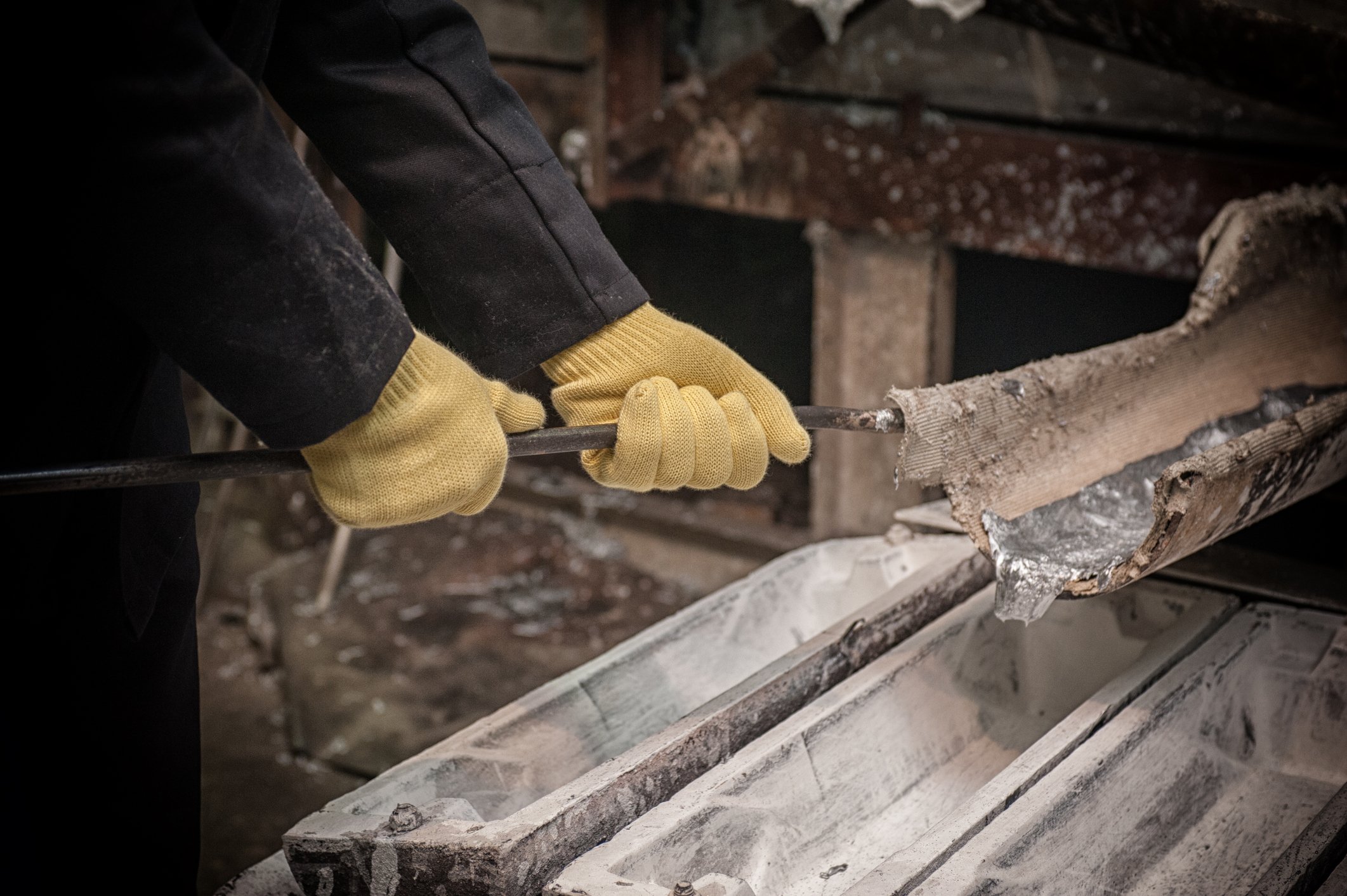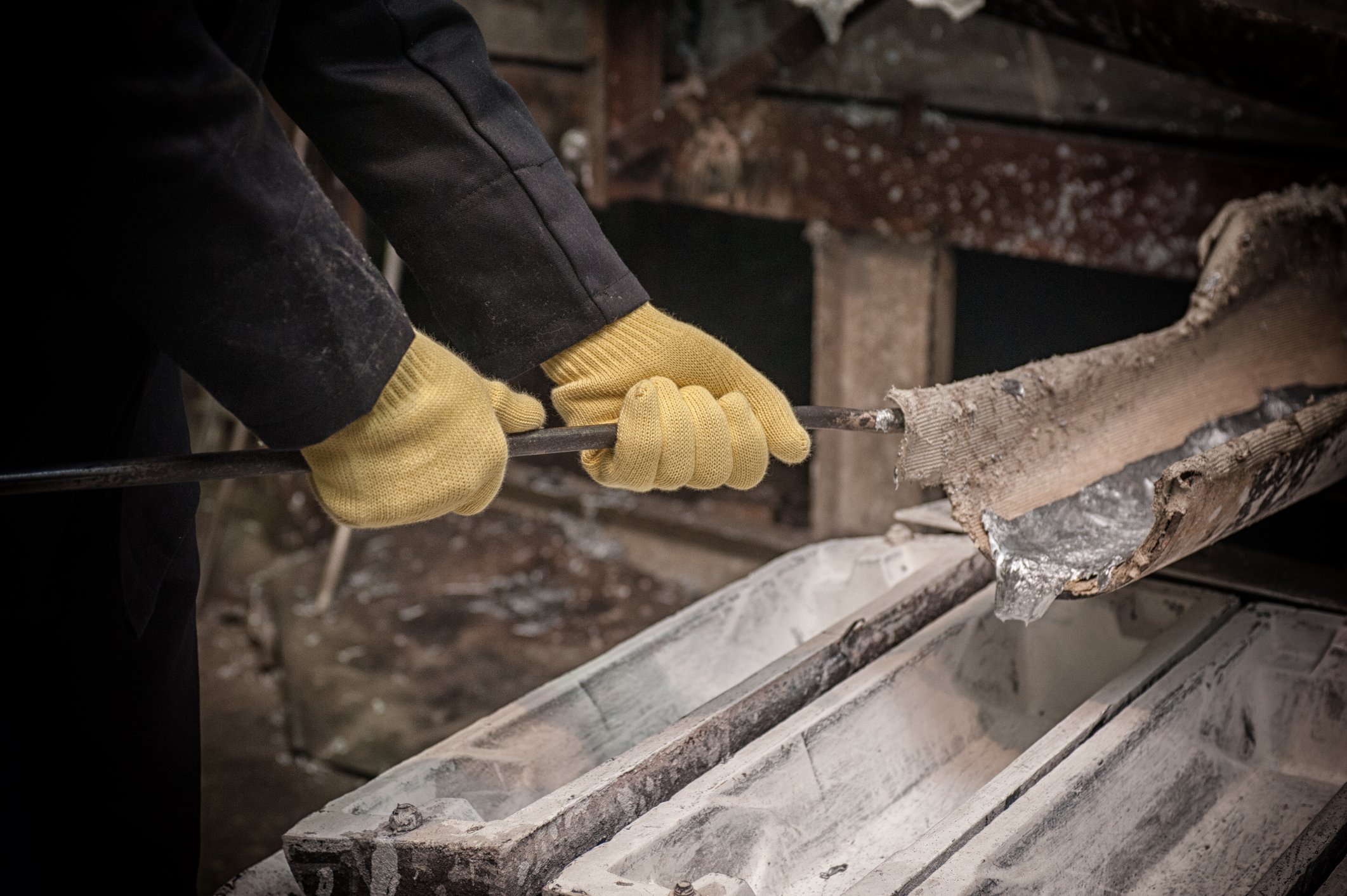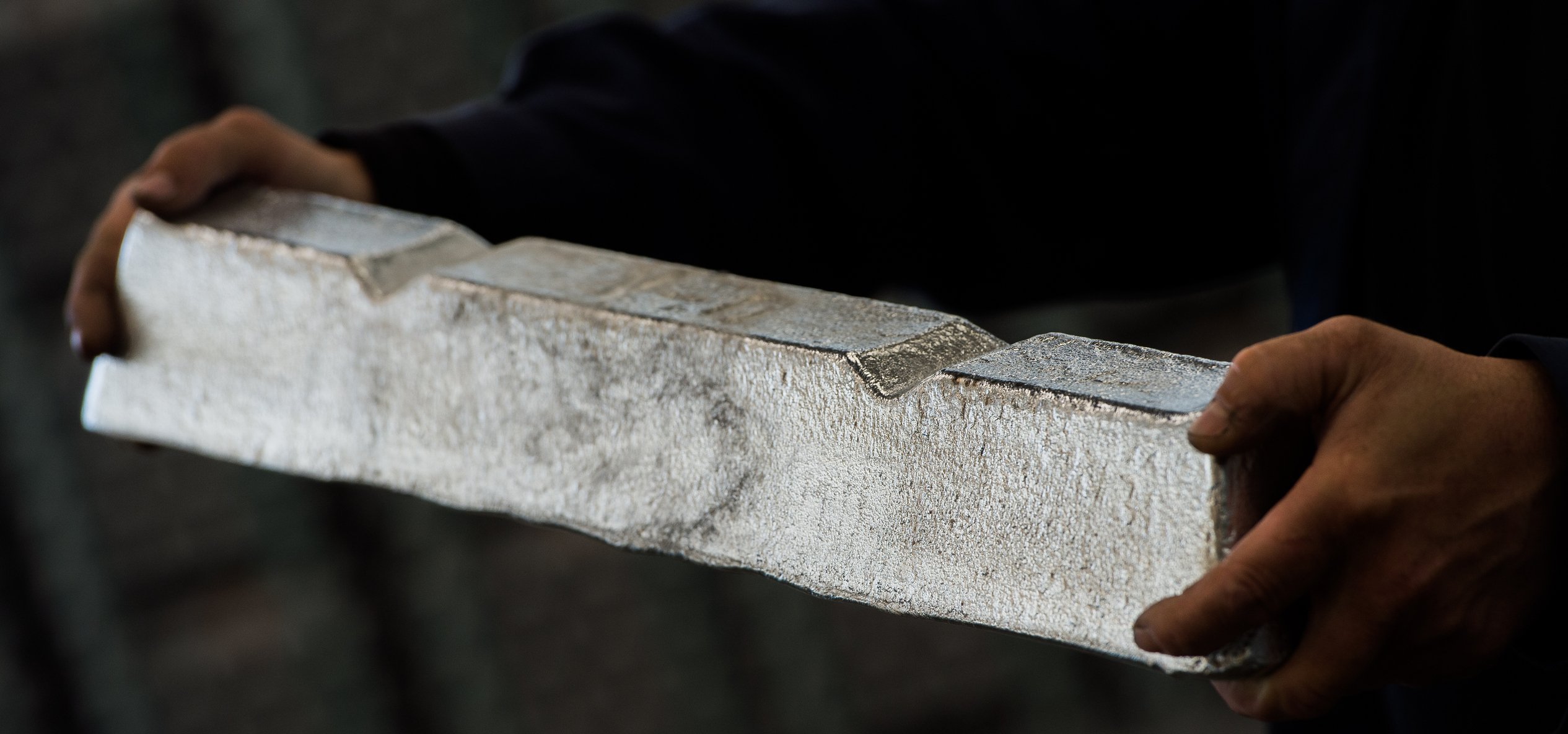Aluminum giant Alcoa (AA +0.00%) is out with its quarterly earnings, and when Alcoa reports, investors listen. That's because Alcoa's results mark the unofficial kickoff to earnings season. And Alcoa is widely viewed as an economic bellwether since it operates a large, global business that stretches across several sectors, including automotive, energy, and aerospace.
Put simply, Alcoa's results last quarter were a mixed bag. The company beat on earnings but missed on revenue, in what amounts to yet another inconsistent performance. Despite notable improvement in several of Alcoa's key markets, including aerospace, aluminum pricing remains weak. That's why investors may be better off investing in some of the companies that count Alcoa as a supplier, such as Boeing (BA 1.21%).
Alcoa's quarter, by the numbers
In all, Alcoa produced $5.45 billion in revenue and $0.09 per share in adjusted diluted earnings. Alcoa's earnings beat the average analyst estimate of $0.05 per share, but its revenue fell short of analyst estimates by about $100 million. A primary reason for the revenue shortfall was an 8% drop in realized aluminum prices.
Compared to the prior year, Alcoa's quarterly revenue fell by 6%. And because of rising expenses, which include a $461 million restructuring charge incurred during the quarter, Alcoa swung to a $197 million loss this quarter, compared with a $170 million profit in the same quarter one year ago.
Alcoa's results reiterated a familiar and somewhat disappointing theme throughout corporate earnings in the years since the financial crisis, which is to beat on earnings but miss on revenue. Alcoa significantly cut selling, general, and administrative costs, but that will only take a company so far. Sooner or later, Alcoa needs to get revenue growth going, which it's still not able to do consistently.
A better way to play Alcoa?
To be sure, Alcoa is seeing some momentum in certain business segments. One such segment is aerospace, because of strong demand for both large commercial aircraft and regional jets, as well as sustained growth in the business jet market. In response, Alcoa is increasing its growth estimate for its global aerospace business this year by one percentage point, from 8% to 9%.
A lot of this is thanks to the success of the Dreamliner aircraft. The Boeing Dreamliner 787 uses the first application of large aluminum-lithium plate on a commercial aircraft, which is developed and supplied by Alcoa. A few months ago, Boeing received its 1,000th order for the 787, which reached the mark faster than any other wide-body airplane in history. As a result, it may be better for investors to opt for Boeing instead of Alcoa as a way to play the recovery in the global aerospace industry.
Alcoa offers a mixed bag
Alcoa sees global aluminum demand rising by 7% this year, which will obviously bode well for the company since it's the world's largest aluminum producer. However, Alcoa is suffering from some structural challenges that will make it difficult for it to meet this demand. Pricing is still a question mark. And Alcoa is in the process of cutting production capacity.
Alcoa recently said it would curtail capacity at two smelters in Brazil in response to poor pricing and increased costs. Production capacity at these smelters totals approximately 147,000 metric tons. Alcoa is broadly reviewing its facilities operating at higher costs as part of its strategic initiative to cut expenses wherever possible. In all, Alcoa advised investors that it may cut as much as 21% of its total capacity.
Moreover, while Alcoa expects strength in certain markets like aerospace and automotive, this will be somewhat offset by projected weakness in the industrial gas turbine market, which will likely decline by 8%-12% this year because of lower orders for gas turbines.
Add it all up, and it's clear that Alcoa is by no means out of the woods. It's doing well in its efforts to cut costs and keep strict control of capital expenditures, but idling facilities and continued pressure on aluminum prices will keep revenue growth hard to come by. Alcoa risks overdoing it, so to speak, on cost cuts, which will themselves come at a cost to future growth.






